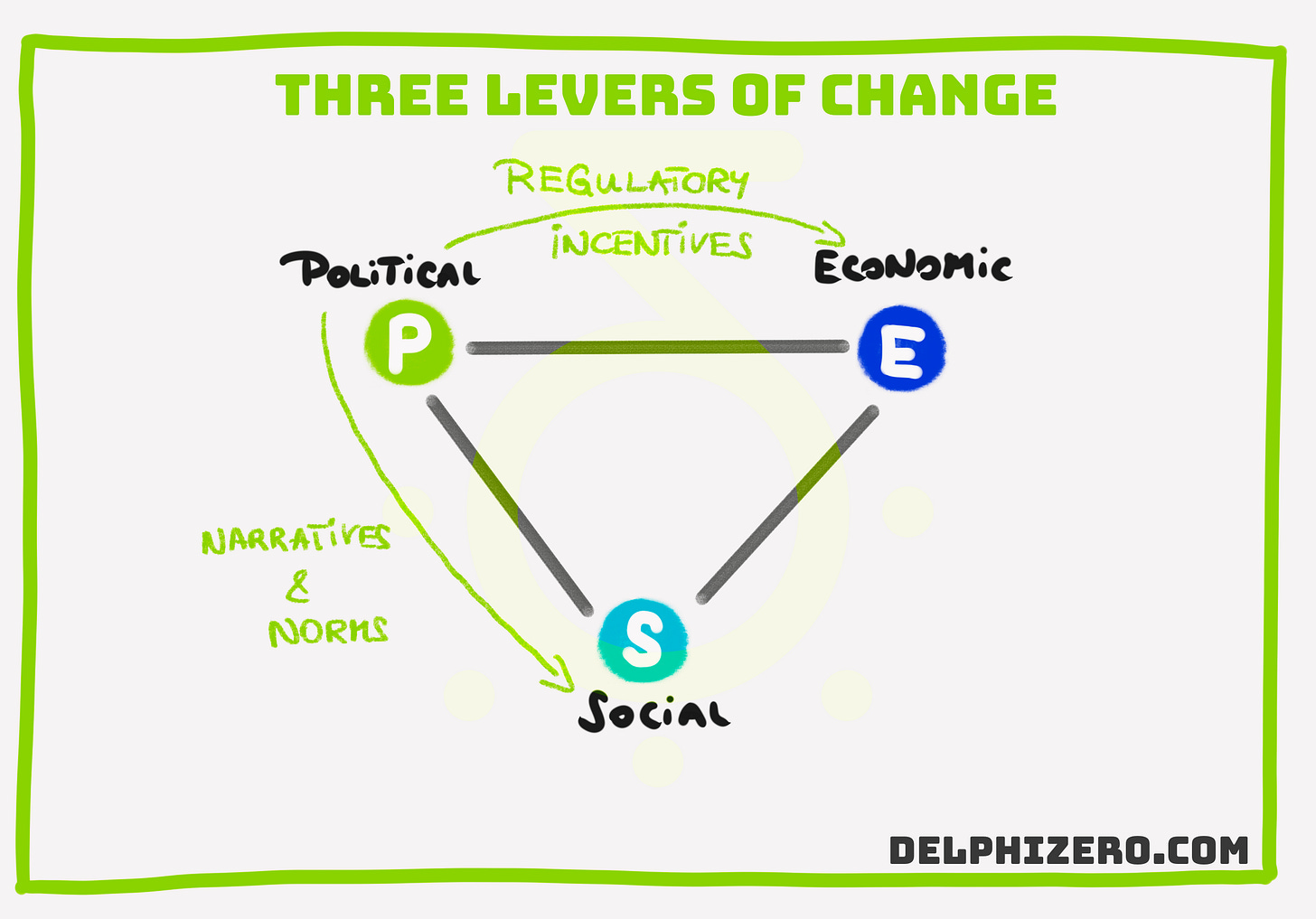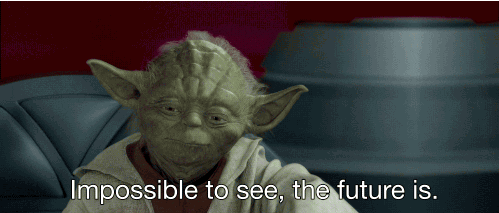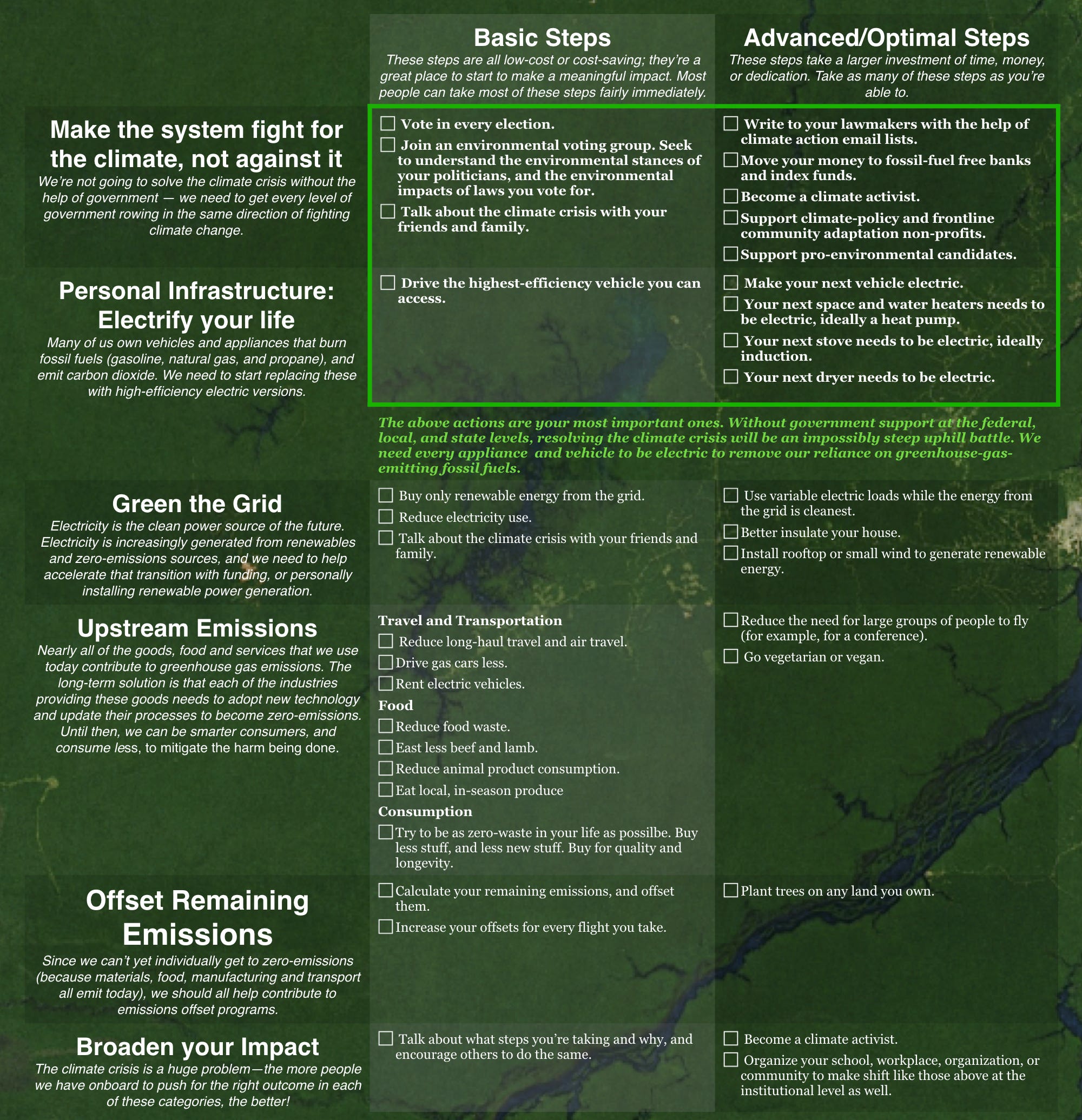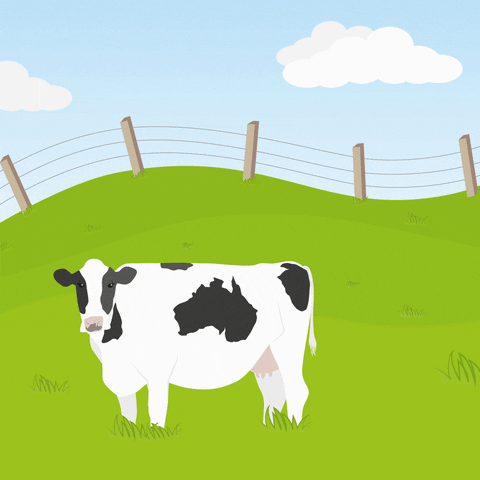Eternal Play
How to Succeed in the Infinite Game of Climate.
👋 Hey to 2,139 climate buddies 🌳
Climate is not a technology problem but a story problem.
Delphi Zero is a consultancy and newsletter about the narrative potential of climate.
First things first, it’s February 29th.
Random facts I learned today:
Ja Rule - the rapper and co-founder of the grotesquely shitty FYRE Festival - was born on February 29th 1976
People born on Feb 29th are called “leapers” or “leaplings” … given that the chance of being born on this day is 1/1461 and given that Delphi Zero has more than 2,000 subscribers… it’s possible that one of you is a leapling. If that’s the case, happy birthday to you! 🥳
Now, the elephant in the room feels seen and we can move on.
Recently, I picked up Andrew Boyd’s book “I Want a Better Catastrophe.”
It’s a fascinating insight into the “climate doom”-end of the spectrum. Interviewees share how they keep on going despite a lack of hope for a happy end.
One thing in particular stuck with me: The concept of “Super Wicked Problems” 👇
Eternal Play
By Art Lapinsch (illustrations generated via Midjourney)
Wicked and Super Wicked Problems
Wicked Problems
The concept of “wicked problems” was first proposed in 1967 by a dude called C. West Churchman. According to him, wicked problems look like this:
🤷♂️ No definitive formulation of the problem → It’s hard to agree on something if there’s no objectively correct way of describing the issue.
❌ No right or wrong solutions → Solutions to wicked problems are not 0 or 1 but rather better or worse.
🔭 No describable set of alternative solutions → There’s no playbook with alternative paths.
🛑 No stopping rule → Since there’s no objective way of describing right or wrong, there’s no definitive point in time at which the problem can be considered as “solved”.
🖼️ Every problem is novel and unique → Each issue looks new. There are no precedents to this exact problem set.
🚀 Every solution is a “one-shot” operation → Unlike problems that can be replicated and tested in a “lab setting”, wicked problems don’t afford this luxury. You have one try to get it right. The resulting situation will present a completely new set of circumstances.
😰 Every wicked problem is a symptom of another problem → Welcome to problem layering.
Now imagine your boss asks you to work on such a problem. Good luck!
Some examples of wicked problems are:
🩻 Pandemics (e.g. Covid-19 as a policy challenge)
🏗️ Urban Planning and Transportation (e.g. Berlin Brandenburg airport fiasco)
🪖 Wars (e.g. Russia’s invasion of Ukraine)
Wicked problems are a horror scenario for policy makers.
But they are far easier than super wicked problems 👇
Super Wicked Problems
Say hello to the end boss of problem solving: Super Wicked Problems 👹
In addition to the seven wicked characteristics, let’s add four super wicked ones:
⌛️ Significant time deadline → The clock is ticking.
🚩 No central authority to find a solution → There’s no ultimately responsible party. Good luck creating accountability.
😵💫 Those trying to solve it also cause it → Yikes. It’s time to look into the mirror.
⚖️ Certain policies impede future progress → Sometimes the rules of the game are stacked against you.
Our Climate Crisis - the Super Wicked Problem
To summarize, let’s go through the eleven markers of (super) wicked problems and see how they relate to our current climate pickle:
🤷♂️ No definitive formulation of the problem → What’s the issue? Annual GHG emissions? CO2e concentration in our atmosphere (ppm)? Avg. temperature increase? Number of climate refugees? Annual climate impact measured in $€? Biodiversity loss as measured in species lost? … and so on and so on. … as you might see, it ain’t all that easy to arrive at a single problem statement that 100% of the people would agree with.
❌ No right or wrong solutions → Should we focus on de-growth? Should we focus on energy abundance and R&D? Should we focus on a mix of both, and if yes, at which ratio?
🔭 No describable set of alternative solutions →
Let’s move to anther planet.Let’s reset the thermostat for our climate.🤷♂️🛑 No stopping rule → When is the definitive moment when we know that the climate crisis has been solved? Do you know? I don’t.
🖼️ Every problem is novel and unique → No generation before us has faced our exact climate-related problem set.
🚀 Every solution is a “one-shot” operation → Just as an example: IF we decide to conduct Solar Radiation Management by shooting sulphur into the stratosphere, we better be damn sure that it works. There’s no second attempt.
😰 Every wicked problem is a symptom of another problem → Emission volumes are a result of global demand for (unsustainably) high living standards (at scale).
⌛️ Significant time deadline → Time is working against us. Each year of status quo increases the greenhouse concentration in our atmosphere. Without intervention, the planet will warm up until we trigger climate tipping points.
🚩 No central authority to find a solution → There’s no central organization tasked to get us to net zero by year 20XX. [maybe it’s time to start G.E.C.O. - the Global Environment and Climate Organization]
😵💫 Those trying to solve it also cause it → Even the most well-meaning scientists live in climate-regulated apartments and want to afford basic luxuries for themselves and their loved ones.
⚖️ Certain policies impede future progress → One example is the EU’s Article 194(2) of the TFEU, which gives EU member states the right to structure their energy system as they wish. … “What, the world is concerned about GHG emissions… well, bad luck, my cheapest and safest form of energy is coal, so I’ll keep on burning coal.”
tl;dr: The climate crisis is an extremely complex problem to solve.
I had to take a walk to get real with this information 🚶♂️
Playing Finite and Infinite Games
During my walk, I remembered about Finite and Infinite Games.
Derek Thompson wrote my favorite summary about this topic:
The religion scholar James P. Carse wrote that there are two kinds of games in life: finite and infinite.
A finite game is played to win; there are clear victors and losers. An infinite game is played to keep playing; the goal is to maximize winning across all participants.
Debate is a finite game. Marriage is an infinite game. The midterm elections are finite games. American democracy is an infinite game. A great deal of unnecessary suffering in the world comes from not knowing the difference.
I had wanted to write about this for a long time but never found a climate angle. Now, finally, I think I might have something so please stick with me for a minute.
Thompson’s piece goes on to analyze in detail how optimizing for the wrong game can lead to undesirable outcomes:
A bad fight can destroy a marriage. A challenged election can destabilize a democracy. In baseball, winning the World Series is a finite game, while growing the popularity of Major League Baseball is an infinite game.
What happened, I think, is that baseball’s finite game was solved so completely in such a way that the infinite game was lost.
I think he’s right.
More often than not, people seem to unlock savant-levels of genius to optimize for the wrong thing.
To paraphrase Thompson:
“A great deal of undesired climate change comes from not knowing the difference (between finite and infinite games).”
Know Thy Game: Climate, the Infinite Game
Meta Strategies for Infinite Games
The earlier definition: “an infinite game is played to keep playing and to maximize winning across all participants” can be reduced into two maxims:
🏃♂️ Perpetuate the Game
🏅 Maximize Winning Across Players
We want our civilization to survive in an equitable way.
Now, if you say “Art, that’s incredibly naive of you to believe that most people give a shit about other people”… I hear you, I hear you… but even then, it is rational for participants to play an infinite game.
Unless you want everyone - yourself included - to die, you have to perpetuate the game.
Regardless of what situations the game presents, this is your meta strategy.
Specific Tactics for the Infinite Game of Climate
Beyond the meta, every player benefits from tactics for our specific game:
🐛 Adapt 🦋
🫱 Collaborate 🫲
(⏳ Think Short- & Long-Term ⌛️)
Let’s dive into those one-by-one.
🐛 Adapt 🦋
Individuals can make changes to their habits, lifestyles, and behavior patterns.
A few starting points might be these:
Companies can question their “business as usual” and dive go down into many different rabbit holes:
How to re-interpret governmental regulation as a source of competitive advantage rather than as an annoyance
How to implement Sustainability Accounting in your own organization
How to leverage public grants to make innovation commercially feasible
Governments are showing first signs of adaptation (mainly in democratic societies).
Two notable pieces of legislation are:
IRA (Inflation Reduction Act) in the US
The European Green Deal in the EU
Expect to see more on this front, as I wrote in my essay “Democratic Dominoes:”
At the beginning of this essay, I asked the following question: Are we seeing political adaptation in regard to the current crises [climate; energy; security]?
Democratically-elected leaders depend on votes. Hence, it is rational for them to use all the available tools to address these crises. This means regulation, stimuli, and narratives.
I believe we do start to see positive signs in the UK, the United States, and the European Union.There’s still a very long way to go and a lot of work to be done, but at least climate change and energy transition are no longer political fringe topics.
The first dominoes started falling and the momentum is finally on our side.

🫱 Collaborate 🫲
I personally believe that “collaboration” is one of the most impactful tactics we can employ to perpetuate the infinite game. [more on this in a future essay]
This quote captures it well:
“If you have an apple and I have an apple and we exchange these apples then you and I will still each have one apple. But if you have an idea and I have an idea and we exchange these ideas, then each of us will have two ideas.”
George Bernard Shaw
tl;dr: Collaboration increases the knowledge and compassion in our system/game.
Individuals can share their personal journeys:
Philipp shares how him and his team are building a climate deep tech company from zero
Various friends are giving their own spin on climate education/writing/motivation
Companies can share their insights:
“Tesla will not initiate patent lawsuits against anyone who, in good faith, wants to use our technology.” - a Tesla statement from 2014 regarding their patents and IP
Project Drawdown publishing their solutions database for free
Governments can mandate or incentivize knowledge sharing across the various legal subjects:
The US government requires all federally-funded research to be openly accessible to the public.
The EU requires public grant recipients to share knowledge about their innovative technologies and processes to accelerate the creation of new markets.
🧠 If you want to dive deeper into the why/how/what of collaboration on steroids, then I highly recommend you to read one of my all-time favorite pieces: “Conjuring Scenius” by Packy McCormick. // Long read but totally worth it.
(⏳ Think Short- & Long-term ⌛️)
I put this tactic in brackets, since I haven’t yet found a prescriptive set of actions.
But let me put this out into the wild and let’s see if someone of you knows already of existing solutions or can think of clever ways how to tackle this problem.
My personal poster child of valuable short-term thinking planning is Erika Reinhardt - co-founder of Spark Climate Solutions. She is on a crusade to tackle near-term warming through methane.
How we manage near-term warming—the temperature progression over the next few decades—determines not just the warming we feel today, but also how we stabilize long-term temperatures.
Because climate change is caused by multiple greenhouse gases, each with different warming and lifetime dynamics, a sole focus on long-term warming (driven largely by carbon dioxide (CO₂)) can put near-term warming (heavily influenced by short-lived climate pollutants like methane (CH₄)) more at risk, and vice versa.
The short-lived climate pollutants that drive near-term warming are contributing the majority of current warming, and cannot be ignored. Because of their short-lived nature, cutting them also provides an opportunity to start reversing temperature when paired with hitting net zero carbon dioxide emissions.
We need to work on both long- and near-term warming.
The insight here is that the sequence of our actions matters a lot. If we can fix a methane leak vs. a CO2 leak c.p. with the same effort, it makes sense to tackle methane first.
The other side of the coin is long-term thinking. Sometimes, I think that our climate crisis would be addressed with more urgency if we could magically the pain from the future straight to today.
One example I can think of is Kim Stanley Robinson’s idea of taking “future people” into account when considering policy decisions.
This article dives into it at great technical detail.
Long story short, I think that unlocking and imparting useful short-/long-term thinking in people holds the key to solving many of our man-made problems.
I don’t have the answer but I hope that I gave you enough fodder for though. If you have any ideas, please share them in the comments or just ping me directly.
Play the Infinite Game of Climate
Our climate problem is a super wicked one.
We can either sit on the sidelines or jump head-in and participate.
If it’s the latter, then make sure you know what game to play.
Where to begin?
For a starter, use this checklist 👇
Meta strategies:
🏃♂️ Perpetuate the Game
🏅 Maximize Winning Across Players
Specific tactics:
🐛 Adapt 🦋
🫱 Collaborate 🫲
⏳ Think short- & long-term ⌛️
These are the abstract-sounding nuggets of wisdom I can share with you today.
So long, and godspeed in the Infinite Game ✌️
🙏 Thanks, Ben, Sara, Andrea, and Joe for listening to rough versions of this idea.
Subscribe for free to get essays covering climate, energy, and everything in between.
I’d love to hear from you, please get in touch. Here to make friends ✌️













Really enjoyed this article. Check out https://news.wickedproblems.uk/ @richarddelevan